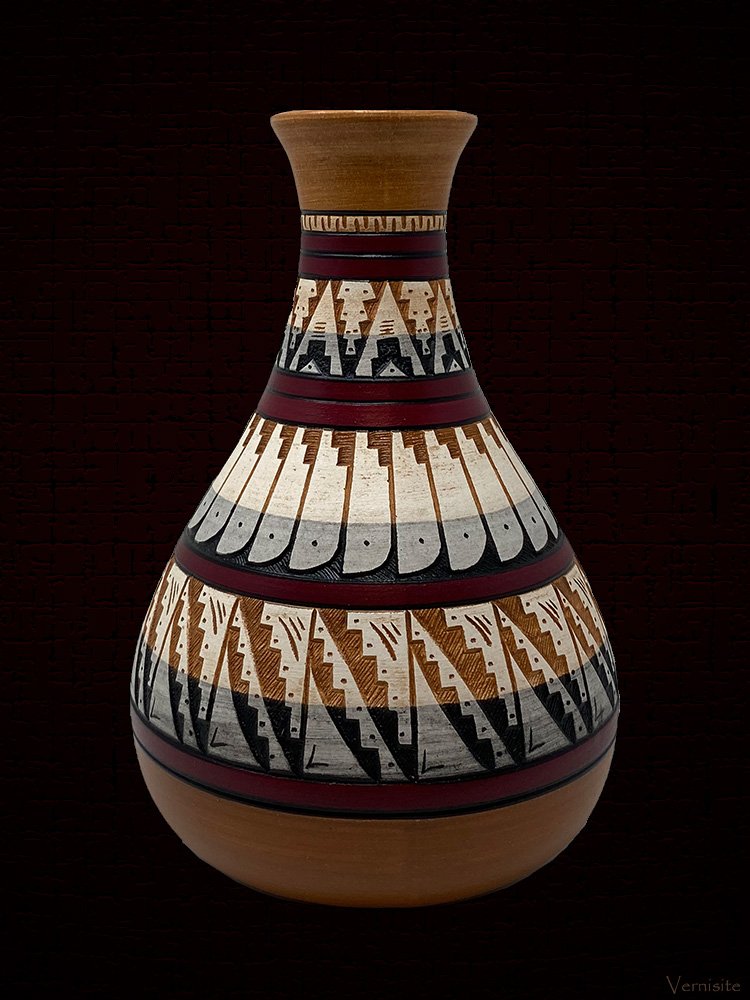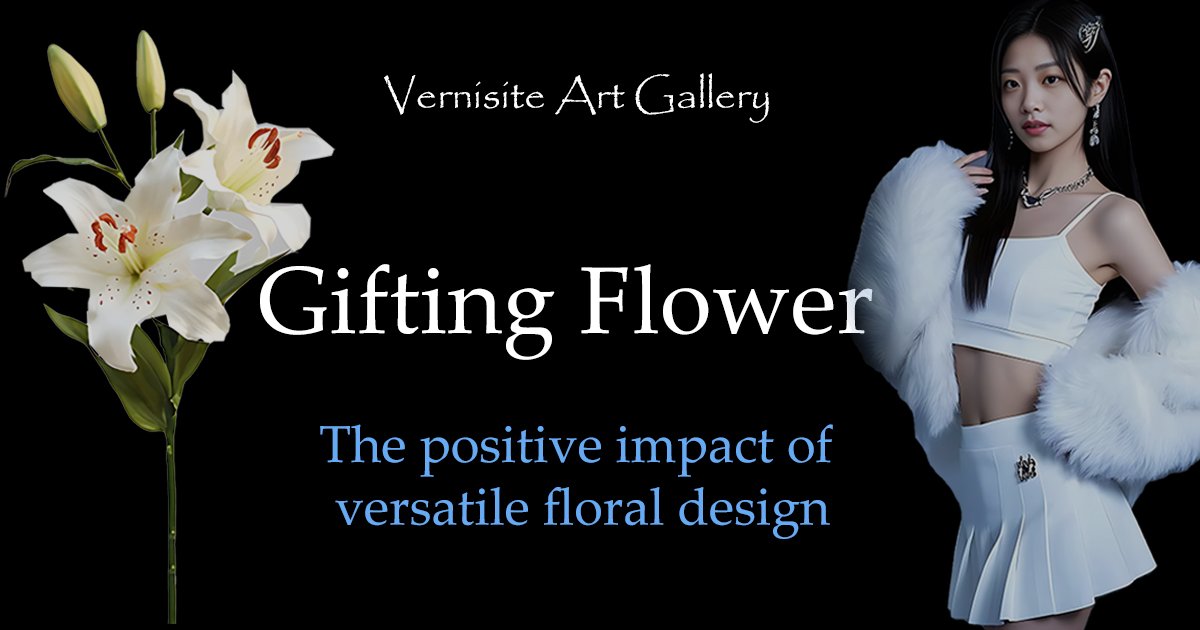It’s been known that a healthy life for every human being is a good diet, the ability to rest from exhaustion, and also exercise from time to time.
Food is one of the basic needs of life, which supplies various nutrients that the body utilizes to give energy and sustain life and development. Since nutrients can support life and growth, every individual needs to maintain adequate nutrition for better health and productivity
Some Vitamins are fat-soluble, meaning they are stored in the liver, and you don’t need them every day, while others are water-soluble, and need to be restore.
Four fat-soluble vitamins are:
Vitamin A, Vitamin D, Vitamin E, and Vitamin K
Vitamin A is involved in immune function, vision, reproduction, and cellular communication, Vitamin A is critical for vision and playing a critical role in the normal formation and maintenance of the heart, lungs, kidneys, and other organs.
A fat-soluble micronutrient, vitamin A, is essential for the development of strong, healthy skin and hair.
The active or preformed form of vitamin A is known as retinoid.
Many face oils and serums designed to prevent aging contain vitamin A.
Vitamin A stimulates the production of collagen to reduce fine lines and wrinkles, stimulates cell turnover, decreases oil production, and has an anti-inflammatory effect.
Vitamin-A-rich foods include:
-
Dried Apricots
-
Sweet Potato
-
Carrots
-
Spinach
-
Broccoli
-
Egg
.
B-vitamins are necessary to maintain the health of the body’s cells. They help the body convert food into energy, create new blood cells, and maintain healthy skin cells, brain cells, and other body tissues.
While experts say it’s best to get your B vitamins from food sources, If you feel you aren’t getting the daily recommended value of each of the B compounds, it may be time to supplement with a B-complex.
.
The B vitamins most commonly used in skincare are niacin, panthenol and biotin.
-
Vitamin B1 (thiamine): Thiamine is good for red, irritated, acne-prone or dry skin.
-
Vitamin B2 (riboflavin) Can help improve skin tone and balance natural oils.
-
Vitamin B3 (niacinamide) Supports your skin’s natural defenses. It improves the look and feel of mature, dry and sensitive skin.
-
Vitamin B5 (pantothenic acid): It’s great option for keeping skin feeling hydrated and supple.
-
Vitamin B6 (pyridoxine): Use B6 to treat hormonal acne, inflammation, and redness.
-
Vitamin B7 (biotin): Biotin gives skin a naturally revitalized appearance.
-
Vitamin B9 (folic acid): Lends skin a purified feeling.
-
Vitamin B12 (cobalamin): B12 boosts the radiance of dull and mature skin. This B vitamin also helps to diminish the look of dark spots
Vitamin-B-rich foods include:
B1 is found in white rice, tuna, and sunflower seeds.
B2 in oats, yogurt and kidney beans. Niacin comes from chicken, lentils, and bananas.
B5 is in mushrooms, chickpeas, and cabbage.
B6 comes from bulgur, nuts and raisins.
Biotin-rich foods include eggs, spinach and milk.
Folate can be found in asparagus, romaine and peas.
B12 appear in fish, poultry and milk.
.
Vitamin C is a water-soluble vitamin that is naturally present in some foods. Humans, unlike most animals, are unable to synthesize vitamin C endogenously, so it is an essential dietary component.
Vitamin C is a vitamin your body needs to form blood vessels, cartilage, muscle, and collagen in bones.
.
Topical Vitamin C is a science-backed, dermatologist-favorite ingredient that may help slow early skin aging, prevent sun damage, and improve the appearance of wrinkles, dark spots, and acne. Vitamin C is an antioxidant, meaning it fights harmful free radicals (toxins) that come in contact with your skin from external sources like air pollution, or from inside the body as a result of normal processes like your metabolism. Free radicals can damage the skin, and applying topical vitamin C can combat free radicals and may improve the skin’s overall appearance.
Vitamin-C-rich foods include:
-
Lemon
-
Orange
-
Grapefruit
-
Tangerine
-
Berries
-
Papaya
-
Kiwi
-
Mango
-
Pineapple
-
Guava
-
Cabbage
-
Broccoli
-
Tomatoes
-
Green bell peppers
-
Chili peppers
-
Spinach
.
Vitamin D is a fat-soluble vitamin in a family of compounds that includes vitamins D1, D2, and D3.
Direct sunlight exposure causes your body to naturally produce vitamin D.
To make sure your blood has enough of the vitamin, you can also obtain vitamin D from specific foods and supplements.
Vitamin D is responsible for increasing the intestinal absorption of calcium, magnesium, and phosphate. In humans, the most important compounds in this group are vitamin D₃ and vitamin D₂.
.
In a study, people taking daily calcium and vitamin D supplements lost more weight than subjects taking a placebo supplement. The researchers suggest that the extra calcium and vitamin D may have had an appetite-suppressing effect.
Research has shown that vitamin D might play an important role in regulating mood and decreasing the risk of depression.
Vitamin D is important for skin health
-
Helps maintain a protective barrier against sun damage.
-
Regulates the cellular replication cycle, which helps prevent premature aging.
-
Stimulates antioxidant defenses to fight harmful free radicals.
-
Promotes collagen production, which gives shape and strength to skin cells.
Vitamin-D-rich foods include:
-
Salmon, Sardines, and Canned Tuna
-
Cod liver oil, Beef liver, Egg yolk, Milk, and yogurt
-
Mushrooms, Oatmeal, and Orange juice
.
Vitamin E is a nutrient that’s important to your vision and the health of your blood, brain, and skin. Vitamin E also has antioxidant properties.
Antioxidants are substances that might protect your cells against the effects of free radicals.
Your body uses vitamin E for multiple purposes, including protecting you from oxidative stress and supporting your immune system.
.
Vitamin E is a fat-soluble antioxidant that is essential for the maintenance of healthy skin. Vitamin E is a group of molecules with related structures, some of which may have unique properties.
Topical application of vitamin E has been used in a wide variety of forms throughout history, ranging from the application of oils to the skin surface to the use of modern cosmetic formulations.
Foods High in Vitamin E
-
Apricots, Blackberries, Cranberries, Kiwi
-
Almonds, sunflowers, Hazelnuts, and olives
-
Sunflower Seeds, Pumpkin Seeds
-
Cashew Nuts, Brazil Nuts, and pine nuts
-
Broccoli, Mustard, Asparagus, and Spinach
.
Vitamin K helps regulate calcium levels in the blood, metabolize the bones, and clot blood. Vitamin K is necessary to create prothrombin, an essential protein within the body.
It’s rare for individuals to be deficient in vitamin K.
Stretch marks, varicose veins, bruises, puffiness under the eyes, dark circles, and other conditions with a vascular component can all be prevented or at least lessened by taking advantage of vitamin K’s ability to increase blood vessel elasticity and overall vascular health.
Vitamin-K-rich foods include:
-
Spinach, Broccoli, Green beans, and Soybeans
-
Cabbage, Parsley, Beet greens, and kidney beans
-
Blackberries, Pomegranate, Tomatoes, Kiwi, and Grapes
-
Walnuts, Hazelnuts, and cashews
-
Blue Cheese, Cheddar, Milk, and Egg
-
Bacon, Ground beef, and chicken liver
.












